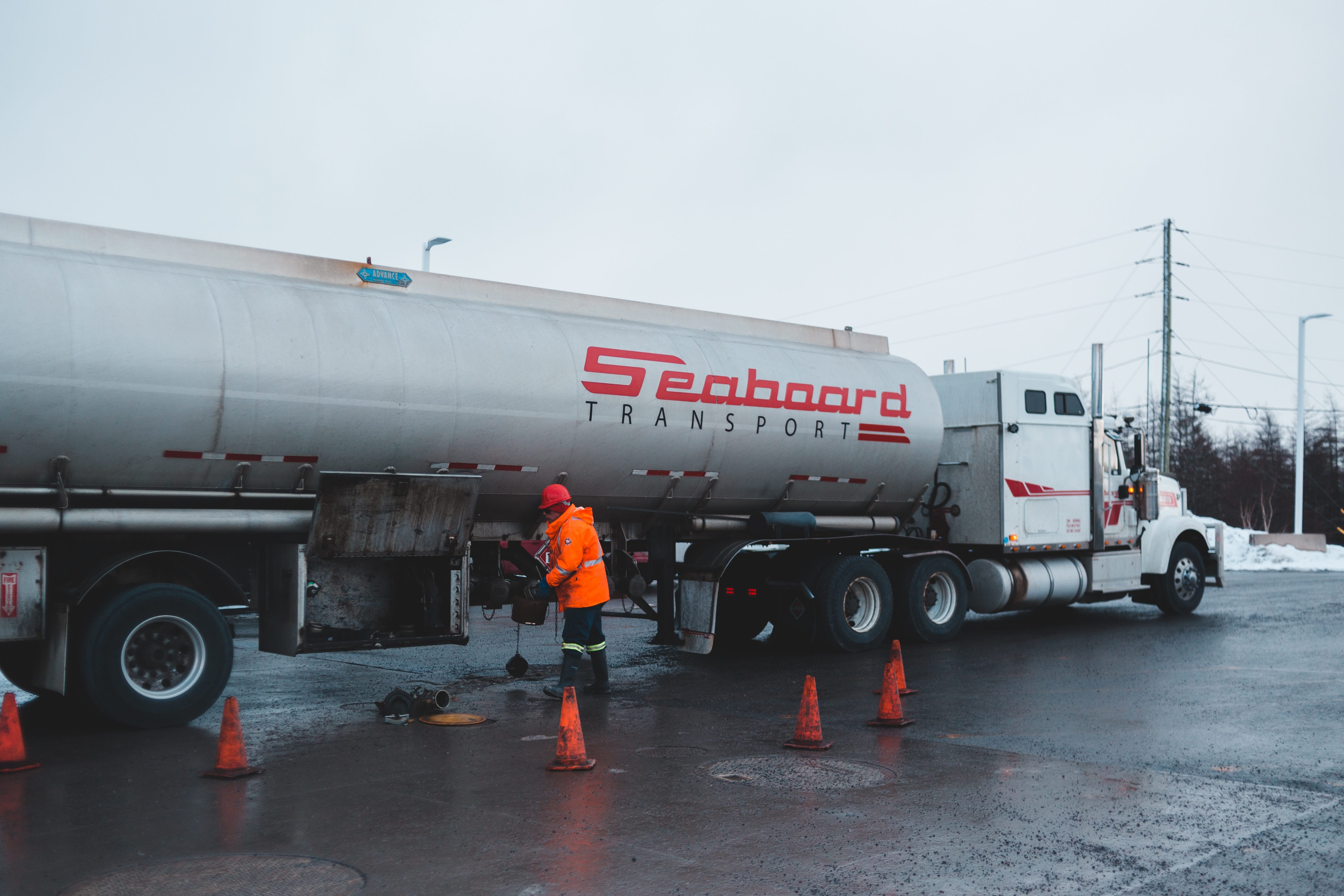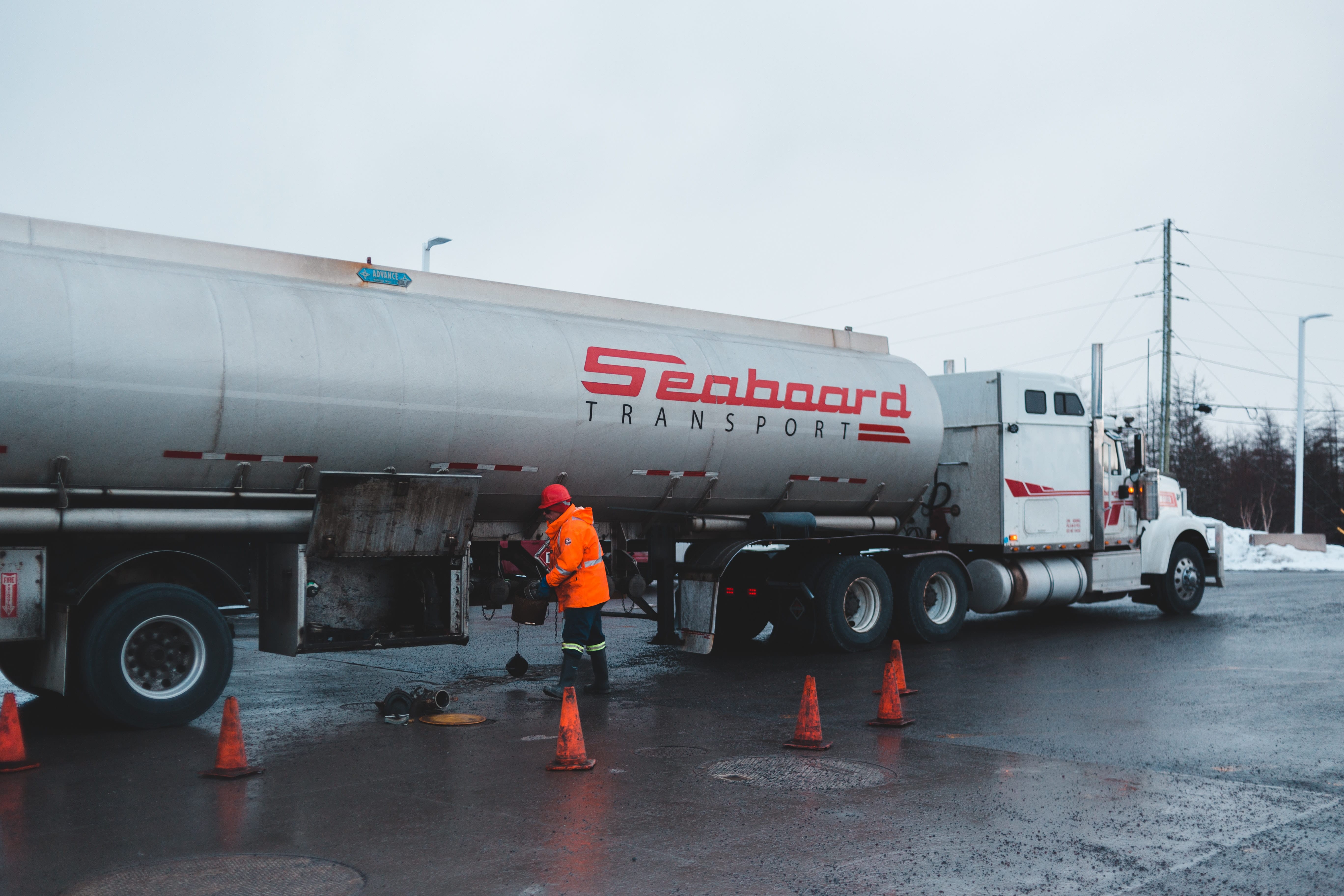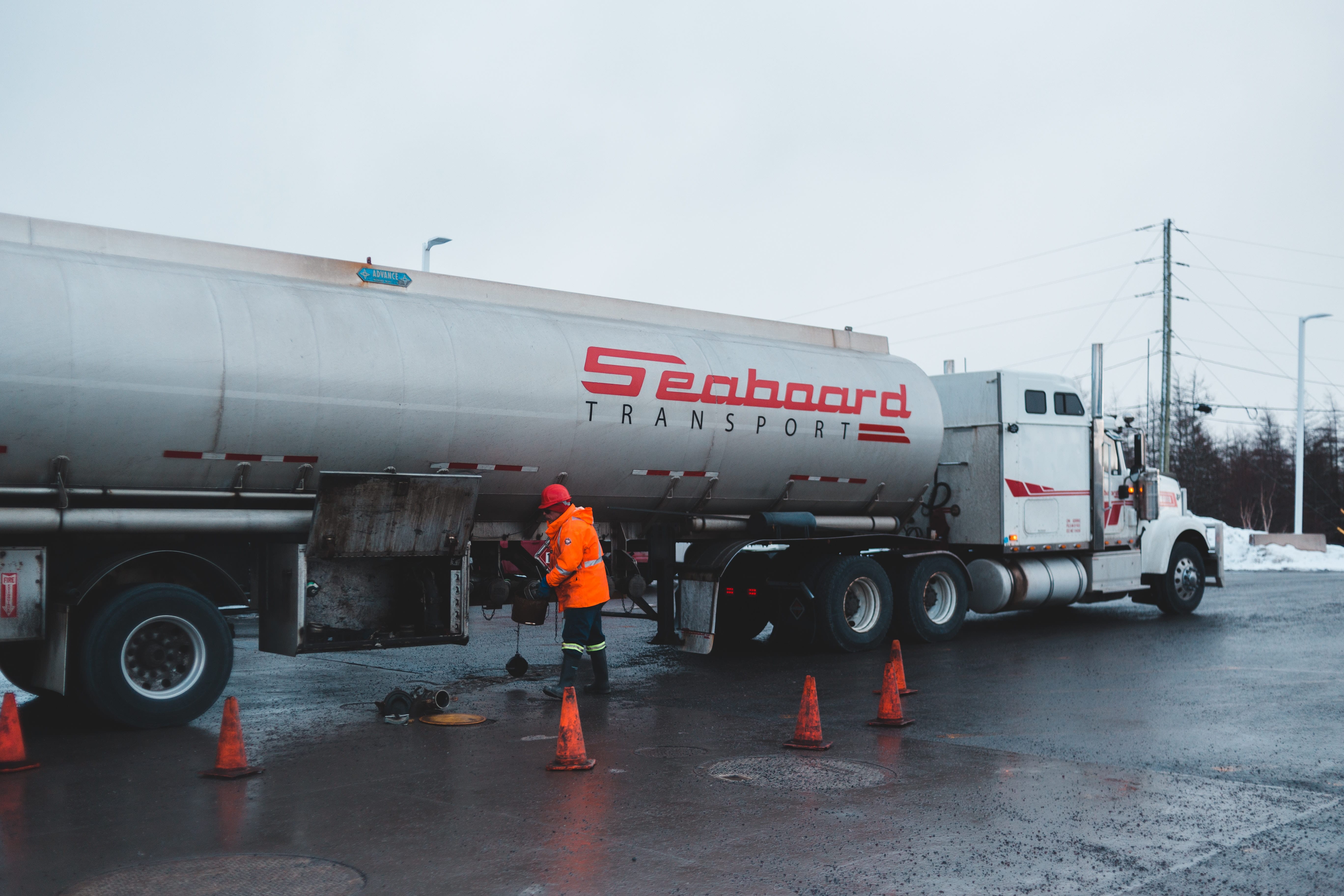
Chemical tankers are specialized vehicles designed to transport a wide range of chemical products, such as acids, solvents, and other hazardous materials. They are essential in the transportation industry, as they provide a safe and efficient means of transporting these materials from one location to another.
Here's what you need to know about chemical tankers:
What Are Chemical Tankers?
Chemical tankers are vessels designed to transport liquid chemicals in bulk quantities. They come in various sizes and configurations, from small coastal tankers used for local transport to large ocean-going tankers used for international trade.
One of the primary advantages of chemical tankers is their ability to transport hazardous materials safely. They are designed with specialized equipment, such as stainless steel tanks and pumps, to prevent leaks and spills during transport.
How Are Chemical Tankers Used?
Chemical tankers are used in a wide range of industries, including agriculture, pharmaceuticals, and manufacturing. They play a vital role in transporting raw materials, finished products, and byproducts between different locations.
Chemical tankers are also used for the disposal of hazardous waste. They can transport hazardous materials to specialized facilities for safe disposal, reducing the risk of environmental contamination.
Safety Considerations for Chemical Tankers:
Due to the hazardous nature of the materials they transport, safety is a top priority for chemical tankers. They are subject to strict regulations and safety standards, including the International Maritime Dangerous Goods (IMDG) code and the International Convention for the Prevention of Pollution from Ships (MARPOL).
To ensure safe transport, chemical tankers must be equipped with specialized safety equipment, such as fire-fighting systems, inert gas systems, and double-hull construction. They must also undergo regular inspections and maintenance to ensure they meet safety standards.
In conclusion, chemical tankers are essential in the transportation industry, providing a safe and efficient means of transporting hazardous materials. By understanding how they're used and the safety considerations involved, you can make informed decisions about their use in your business operations.
Read more
Tankers and trailers are two essential components of the transportation industry. While they may look similar, they serve different purposes and have distinct characteristics that make them suitable for specific applications.
So, what are tankers and trailers, and how do you choose the right option for your business? Here's what you need to know:
Tankers:
Tankers are vehicles designed to transport liquid or gas cargo, such as fuel, chemicals, or food-grade products. They come in various sizes, from small tankers used for local deliveries to large tankers used for international transport.
One of the primary advantages of tankers is their ability to transport large quantities of cargo in a single trip. They are also designed with safety features to prevent leaks and spills, making them ideal for transporting hazardous materials.
However, tankers can be more expensive to operate than trailers, as they require specialized equipment for loading and unloading and may be subject to strict regulations depending on the type of cargo being transported.
Trailers:
Trailers, on the other hand, are vehicles designed to transport solid or dry cargo, such as construction materials, furniture, or electronics. They come in various sizes and configurations, including flatbed, enclosed, and refrigerated trailers.
One of the primary advantages of trailers is their versatility. They can be used to transport a wide range of cargo and can be easily loaded and unloaded using standard equipment, such as forklifts or cranes.
However, trailers may not be suitable for transporting certain types of cargo, such as liquids or gases, which require specialized equipment and safety measures.
Choosing the Right Option for Your Business:
When choosing between a tanker and a trailer, it's essential to consider your specific transportation needs. If you need to transport liquids or gases, a tanker may be the better option. However, if you need to transport solid or dry cargo, a trailer may be more suitable.
Other factors to consider include the distance of the transport, the type of cargo being transported, and any regulations or safety requirements that apply to your business.
In conclusion, understanding the differences between tankers and trailers is crucial for choosing the right option for your business. By taking the time to evaluate your needs and considering the pros and cons of each option, you can make an informed decision that meets your transportation needs and helps your business thrive.
Read more
ADR certified trailers are vehicles that have been designed and built to meet the stringent safety and performance standards set by the Australian Design Rules (ADR). These rules apply to a wide range of vehicles, including trailers, caravans, and semi-trailers, and are intended to ensure that these vehicles are safe for use on Australian roads.
One of the main benefits of ADR certified trailers is that they have been designed to withstand the harsh Australian climate and driving conditions. They are built to be durable and reliable, with features such as heavy-duty suspension systems, sturdy chassis, and robust construction materials.
ADR certified trailers are also required to meet strict safety standards, including those related to braking, lighting, and visibility. This ensures that they are easy to see and maneuver on the road, and that they can be stopped safely in an emergency.
Another important aspect of ADR certified trailers is that they must meet stringent load carrying requirements. This means that they are designed to carry heavy loads safely and efficiently, without compromising stability or handling. This is especially important for trailers that are used to transport goods or equipment, as it ensures that the load is distributed evenly and that the trailer can be safely driven on the road.
In addition to these safety and performance standards, ADR certified trailers must also meet certain environmental standards. This includes requirements related to fuel efficiency, emissions, and noise reduction.
Overall, ADR certified trailers are an important part of the Australian transportation landscape. They ensure that trailers are safe, reliable, and environmentally friendly, making them a valuable asset for businesses and individuals alike.
Read more